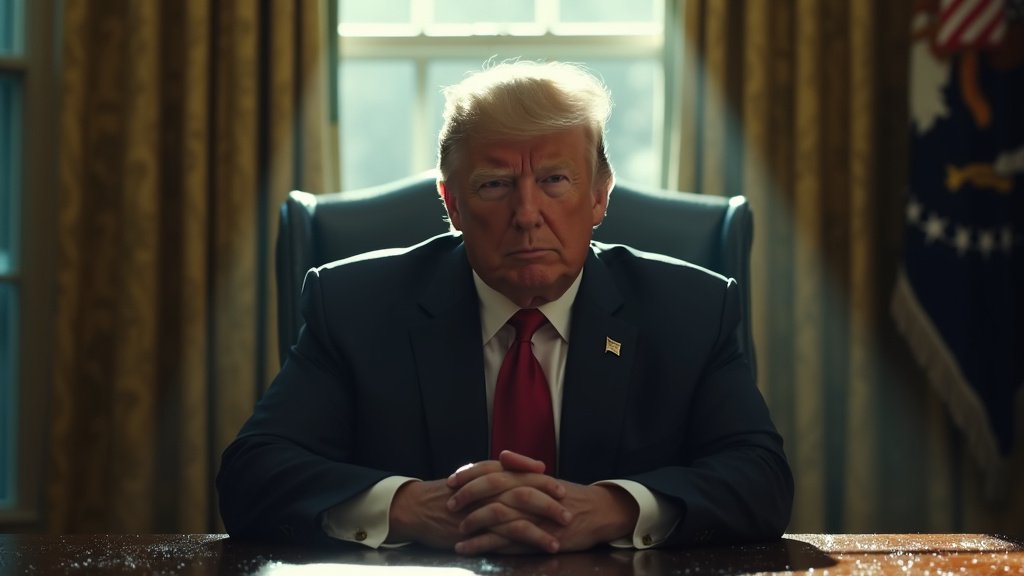The state of Wisconsin is poised to host the first significant political contest in the United States since President Donald Trump’s second term commenced in 2025. An election for a crucial seat on the Wisconsin Supreme Court, scheduled for April 1, 2025, is rapidly evolving into far more than a state judicial race; it is being widely viewed as a direct referendum on the new administration and, notably, on the burgeoning political influence of billionaire entrepreneur Elon Musk.
Musk, known globally for his ventures in technology and aerospace, emerged as a major financial force in the 2024 presidential election, contributing over $200 million towards President Trump’s victory. His political activities extend beyond traditional donor roles; he has been described as an architect of efforts to reduce the federal workforce, indicating a deeper involvement in policy objectives.
The Political Crucible of Wisconsin
Wisconsin’s status as a perennial battleground state amplifies the significance of this April 1 election. It is seen by political strategists across the country as a vital barometer for measuring voter enthusiasm and potential shifts in the electorate ahead of the 2026 midterm elections. For both major parties, the outcome will offer insights into the effectiveness of their current messaging and organizational efforts.
However, the race has taken on a unique dimension due to Musk’s active involvement. His political operation, having played a substantial role in the 2024 cycle, has now turned its attention to Wisconsin. This operation is reportedly active on the ground, supporting the conservative candidate through concerted efforts in canvassing and advertising.
Musk himself has not remained on the sidelines. He is identified as the largest donor in this particular Wisconsin Supreme Court race, underscoring his direct financial stake. Furthermore, he utilized his significant platform on X (formerly Twitter) to host a get-out-the-vote event on March 22, 2025, explicitly highlighting the election’s national importance to his vast audience.
Stakes on the Bench
The immediate consequence of the April 1 election is the determination of the majority control of the Wisconsin Supreme Court. Control of the state’s highest court carries profound implications for a range of critical issues that directly impact the lives of Wisconsin residents and could set precedents for other states.
The issues at stake include, but are not limited to, abortion rights, collective bargaining, and voter access. The ideological balance of the court will shape future rulings on these highly contentious matters, making the election outcome pivotal for advocacy groups and political organizations on both the left and the right.
Political Observations and Implications
The dynamics of the campaign itself are drawing scrutiny. Anthony Chergosky, a political science professor at the University of Wisconsin-La Crosse, has observed a distinct strategic choice by Democrats in the race. According to Chergosky, Democrats appear to be focusing their campaign messaging more on challenging Elon Musk and his influence rather than directly targeting President Trump.
This strategic emphasis reflects the perception that Musk’s high profile, combined with his significant financial contributions and stated political objectives, makes him a potent, albeit potentially polarizing, figurehead for opposition messaging in this context.
The outcome of the election carries significant implications for Musk and his future political endeavors, as well as for the Republican party. A victory for the conservative candidate would not only shift the balance of power on the Wisconsin Supreme Court but would also likely be interpreted as a validation and strengthening of Musk’s influence within the political landscape. It could encourage further investment and involvement by Musk in state-level races.
Conversely, a loss for the conservative candidate in this high-profile, early-year test could potentially lead to a reassessment by Republicans. It might encourage elements within the party to distance themselves from Musk’s specific agenda or level of involvement, particularly if his association is perceived as a liability in a competitive state like Wisconsin.
As the April 1 date approaches, the Wisconsin Supreme Court election stands as a crucial early test of the political currents flowing through the United States in 2025, serving as a key indicator of public sentiment and the evolving role of influential figures like Elon Musk in shaping the nation’s political future.











